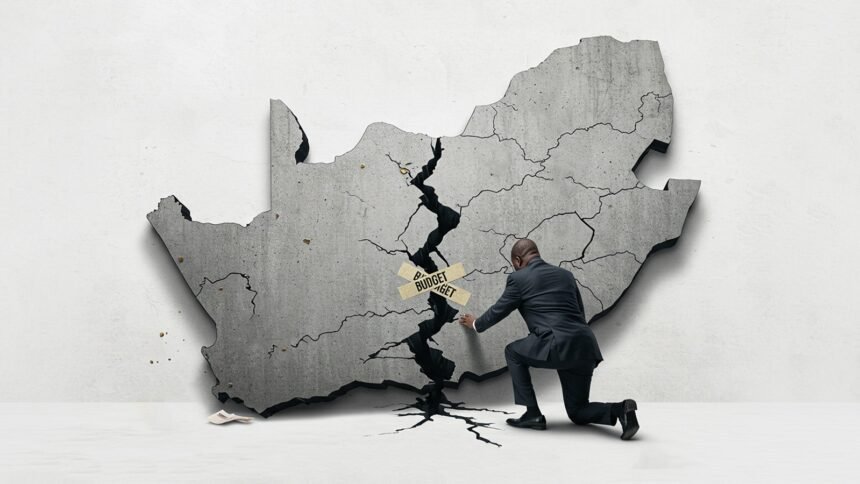In a country where electricity outages can outlast political careers and inflation eats through paychecks faster than ministers can tweet rebuttals, passing a national budget should be the easy part. But not in South Africa. This week, the National Assembly finally approved the last major budget bill of the year—marking an end to weeks of wrangling, regional drama, and economic anxiety.
If politics is performance, then South Africa’s budget debates were Broadway.
The bill—covering everything from public wages to infrastructure grants and social services—was passed with a narrow margin, revealing deep fissures both within the ruling African National Congress (ANC) and across a fragmented opposition. For Treasury officials, it’s a sigh of relief. For most South Africans, it’s just numbers on paper until the potholes get fixed and the lights stay on.
This budget wasn’t just about arithmetic. It was about trust. And the math had to convince a weary public that this government, in its current form, can spend money wisely and with an ounce of empathy.
At the heart of the controversy was the government’s commitment to reign in spending—while simultaneously promising economic stimulus. It’s the budgetary equivalent of being on a diet and ordering two desserts “for balance.” Finance Minister Enoch Godongwana, known for his sober tone and trimmed rhetoric, defended the budget as “pragmatic,” pointing to rising debt levels and sluggish GDP growth.
South Africa is currently navigating a tightrope. With unemployment still hovering above 30% and load shedding (planned power cuts) continuing to strangle businesses, the state has little room to maneuver. Add to that a global climate of rising interest rates, hesitant investors, and a growing sense of public frustration, and you get a budget that had to play magician, not just manager.
But let’s not pretend this was all about economics.
The budget battle also exposed the shifting sands of South African politics. The ANC—still in power after three decades but increasingly battered at the polls—needed this legislative win. With elections looming in 2026, the party is desperate to show it can still deliver stability, if not prosperity.
Opposition parties, particularly the Democratic Alliance (DA) and the Economic Freedom Fighters (EFF), didn’t make it easy. The DA slammed the budget for offering “too little support” to key sectors like education and healthcare, while the EFF dismissed it entirely as “neoliberal nonsense designed to please foreign investors.”
Their criticisms aren’t just noise. South Africa’s public hospitals remain under-resourced, schools in rural provinces still lack toilets, and urban youth are locked out of a job market that continues to shrink. So when billions are allocated without clear delivery plans, skepticism isn’t just political theater—it’s grounded in lived experience.
But perhaps the most awkward subplot came from within the ANC itself. A group of backbenchers reportedly considered voting against certain clauses, citing concerns over reductions in housing grants and delays in social infrastructure projects. Although the rebellion was ultimately quashed, it served as a reminder: the ANC is no longer a monolith. Its internal factions are sharpening their knives for the succession battles ahead.
In the end, the budget passed. But the public’s patience is on pause. Citizens want more than speeches. They want potholes filled, power lines fixed, classrooms built, and nurses paid. They want governance that doesn’t require spin doctors to explain away missing billions or unfinished projects.
And they want politicians who remember that every figure in the budget—every “R” symbol—is more than a number. It’s a lifeline. Or a disappointment.
For now, Pretoria can claim a short-term victory. The books are balanced. The bills are passed. But the harder part remains: turning this document into real change for real people.
As one Cape Town analyst quipped on a morning radio show, “Passing a budget is easy. Delivering it without corruption, that’s the real South African miracle.”










